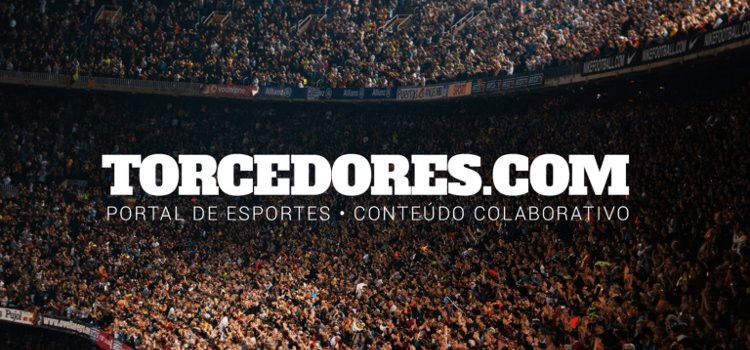If we were just a platform and it wasn’t controlled, we’d have a bunch of content but maybe it wouldn’t be the best quality. If we were just a publisher, maybe we wouldn’t be able to do what we do at scale. For every editor that I have on my team, I produce 15–20x the amount of content as a traditional publisher. That’s why we’re able to do things that no one else is doing down here.
This is a story about embracing opportunity.
Years ago, Derek Hall attended BYU-Hawaii and moved to Utah following college, prepared to embrace the lure of professional adulthood. After interning for a stretch with Boomstartup, Hall began working for a SLC-based private equity fund called ROC, where he helped raise over $500 million that eventually became ROC Fund II.
It was around this time that opportunity came calling, but there was a slight problem — this opportunity resided far, far away from the inversion-swamped skies of Utah.
“In 2012, Brazil was blowing up,” he said. “They were calling it the internet boom in Brazil, venture capital money was being invested heavily and so I started looking at what was going on down there. I studied the media space and realized there was a huge opportunity to build a content platform/media company.”
Hall — who had previously spent time in Brazil as a LDS missionary — had a choice to make. And just as any good entrepreneur would tell do, he chose the route requiring the most upheaval, moving to Sao Paulo in December of 2012 and beginning the arduous task of starting his own business. Hall had no friends or contacts in Brazil, there was plenty of opportunity.
“Sao Paulo is a city with 20 million people in it,” he said. “If you’re on top of a high-rise looking over the city, you can see buildings to infinity. That’s a little intimidating when you first get down there and don’t know anybody. It just feels like this huge place.”
After jumping through the requisite hoops of early business building and experiencing the hiccups that come with an early-stage startup, Hall launched a company at the end of 2013 — ONDA, a Latin American publishing platform built by and for millennials. The plan was to provide a technology platform for user-generated content while also employing an editorial staff dedicated to refining that content, then launch this potent mix into various verticals.
“It’s a platform/publisher play,” he said. “We have the platform play, we’re building a bunch of technology, we’ve got this contributor base of a couple thousand registered writers on the site, and then we’ve got the editorial side. If you compare us to a large, traditional publisher, my editorial team has four editors that manage a couple thousand writers and do that from a very high level.”
The first content vertical chosen was sports (obviously the best of all verticals) and in April of 2014, torcedores.com was launched. In that brief period, torcedores.com has created a vast community of users, including more than 2,500 contributors, four million readers, and 16 million pageviews each month.
“Being both of those things allows us to produce quality content at scale,” Hall said. “If we were just a platform and it wasn’t controlled, we’d have a bunch of content but maybe it wouldn’t be the best quality. If we were just a publisher, maybe we wouldn’t be able to do what we do at scale. For every editor that I have on my team, I produce 15–20x the amount of content as a traditional publisher. That’s why we’re able to do things that no one else is doing down here.”
Initially, Hall was able to raise a $1 million seed round from a variety of investors, including Bryan Goldberg (founder of Bleacher Report), Bryan Johnson (founder of Braintree), Jim Aviles (founder of Merchant e-Solutions), Craig Earnshaw (founder of LifeLink), Pedro Navio (CEO of Red Bull Latin America), and others.
Now, strengthened by the success of torcedores.com, he has been meeting with investors stateside in Utah, Silicon Valley, and New York, hoping to expand into other verticals — policy/culture, e-sports, women’s interest — and staff each website with their own editorial team.
For one of the fastest growing digital media companies in Brazil, opportunity keeps knocking.
“There’s a recent study that came out saying 88% of this digital generation doesn’t trust the mainstream media,” Hall said. “That’s a big problem. Having a platform with millions of unique visitors a month, that’s a big deal for giving people a voice….We’re essentially democratizing the news, the media, whatever you want to call it.”
Published 2/16/2016




